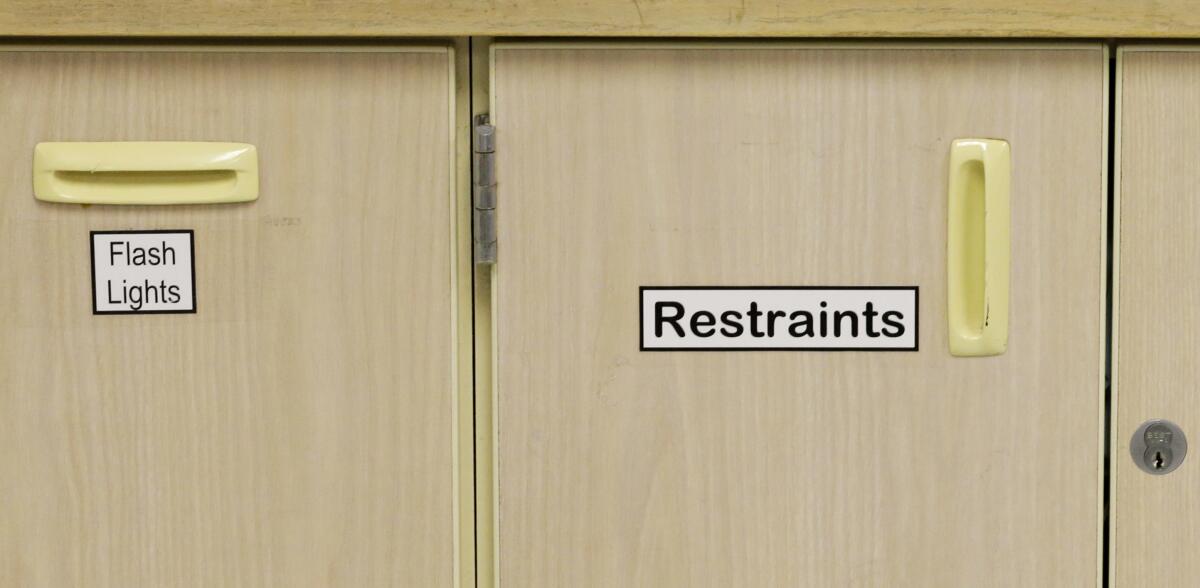Letters to the Editor: I’m a street doctor tired of watching people die. Expand involuntary treatment

- Share via
To the editor: Rob Wipond believes Senate Bill 43, which would expand on the definition of grave disability in California to attempt to care for our most sick, is too broad. I disagree.
For those at substantial risk of “serious harm,” SB 43 will allow them to be involuntarily detained. Serious harm means “significant deterioration, debilitation, or illness due to the person’s failure to meet one or more of the following conditions: Satisfy the need for nourishment; attend to necessary personal or medical care; utilize adequate shelter, be adequately clothed; attend to self-protection or personal safety.”
Unless there is an emergency, a court will still be required to order involuntarily treatment. Increasing detainment isn’t the goal; rather, increasing our ability to take care of the sickest people wandering our streets is.
It’s true that multiple 72-hour holds do not improve one’s condition. But sometimes, involuntary care is an important part of the full-care model for stabilization. And, with the expansion of the definition of grave disability, people will be able to get the longer treatment needed for recovery.
Furthermore, with the concomitant increased funding for housing people with serious mental illness, as proposed in Gov. Gavin Newsom’s Mental Health Services Act modernization, they will be able to live in the least restrictive housing.
As a street physician for 16 years, I have had to watch many of my patients die unnecessarily. I support increasing care in the least restrictive environment possible, but some people need involuntary care to save their life.
Susan Partovi M.D., Los Angeles
The writer is medical director of Homeless Health Care Los Angeles.
..
To the editor: Wipond presents much research on the increase of psychiatric detainments across the U.S. and especially California. There are undoubtedly many cases of abuse of detainment for mental health reasons.
However, what he did not address was the revolving door of California’s 72-hour, 5150 holds of the same people, often over and over again.
Three days is not treatment, just containment. The patient is then discharged, usually with little or no followup.
Are there statistics to evaluate the repeated detainments of our most seriously mentally ill citizens? That would be very helpful in looking at the very complicated issue.
Katherine Reuter, Santa Monica
The writer is a retired psychologist.
..
To the editor: Caring people wring their hands over how to treat the clearly unstable street folks we see every day. Often, they are regulars, rain or shine.
With high housing costs, we know that mentally ill people are only a portion of the homeless population, but one suspects they are the most challenging since they appear incapable of managing their own affairs.
Wipond says the rates of mental health detentions have increased. It doesn’t seem that way based on what we in L.A. see every day. Unfortunately, Wipond suggests few options to address this unending situation.
Every day, these people have to be somewhere. Right now, they’re on the sidewalk.
Geoff Shawcross, Hawthorne



